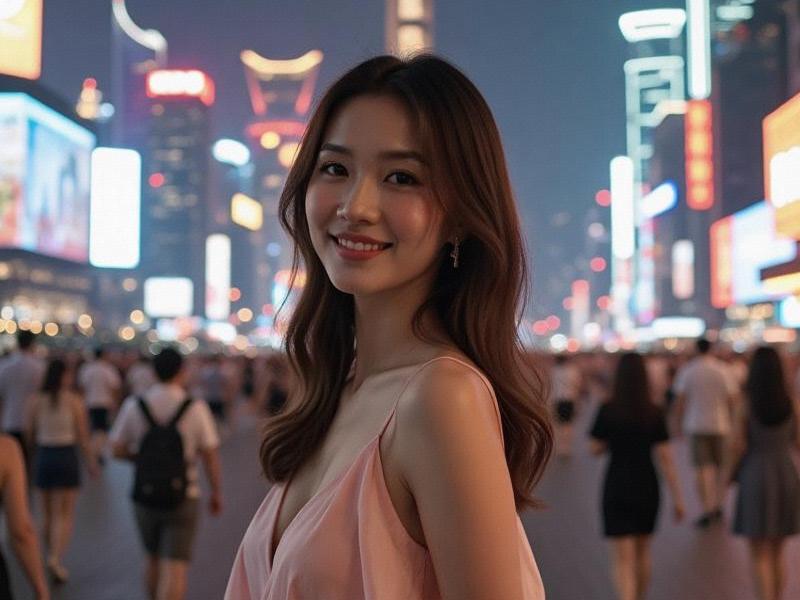This feature explores how Shanghai women are shaping China's gender narrative through their unique blend of traditional values and modern independence, examining their influence in business, fashion, and social change.

In the neon-lit streets of Shanghai, a quiet revolution is taking place - one led by the city's formidable women. Shanghai females have long held a special place in Chinese culture, known locally as "Shanghainese ladies" (上海女人), embodying a unique combination of traditional elegance and progressive thinking that makes them stand out in modern China.
Historical Roots of Shanghai Femininity:
The Shanghai woman archetype traces back to the 1920s when the city became China's first cosmopolitan hub. "Shanghai girls" of that era were among the first Chinese women to wear qipao dresses with Western hairstyles, work in offices, and advocate for women's education. This legacy continues today, with Shanghai boasting China's highest percentage of female executives (38%) and the largest gender pay equity (89%) among major Chinese cities.
The Modern Shanghai Woman:
爱上海同城419 Contemporary Shanghai women are redefining success on their own terms. A 2024 survey showed:
- 72% of Shanghai women aged 25-35 prioritize career development
- 65% expect equal division of household responsibilities
- 58% invest in continuous education
Finance executive Li Wei, 32, represents this new generation: "My grandmother couldn't read, my mother was a factory worker - I graduated from NYU and now lead a team of 40. This is what Shanghai makes possible."
上海龙凤419自荐
Fashion as Cultural Statement:
Shanghai's fashion scene reflects its women's unique identity. The "New Shanghai Style" blends traditional elements (like delicate silk scarves) with cutting-edge streetwear. Local designer Zhang Mei explains: "Shanghai women dress to express intelligence first, beauty second. Our designs accommodate women rushing from boardrooms to art galleries."
Social Influence and Challenges:
上海贵人论坛 While Shanghai leads in gender progress, challenges persist. The city's "leftover women" (剩女) phenomenon sees many educated, successful women delaying marriage - a cultural tension explored in popular TV dramas like "Nothing But Thirty." Yet Shanghai's female entrepreneurs are pushing back, with women founding 40% of new tech startups in 2024.
Cultural Preservation Meets Modernity:
Traditional arts remain vital. At the Shanghai Women's Handicraft Center, young professionals learn embroidery from master craftswomen. "This isn't about nostalgia," says director Wang Ying. "We're preserving female wisdom that dates back centuries while applying it to modern design."
The Future of Shanghai Femininity:
As Shanghai solidifies its position as a global city, its women are becoming ambassadors of a new Chinese femininity - one that balances Confucian values with feminist ideals. With Shanghai set to host the 2026 International Women's Forum, the world is watching how these women navigate modernity while staying rooted in their distinctive cultural identity.